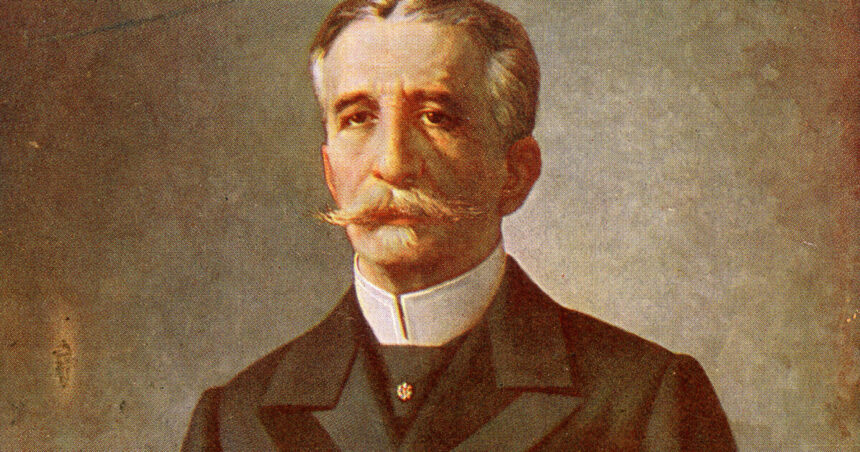Greece was experiencing a period of deep political crisis in the fall of 1915. Eleftherios Venizelos resigned as prime minister after King Constantine refused to accept the government’s choices on foreign policy matters. It was a dispute between the two men that began in February 1915, when the king did not approve of Venizelos’ proposal that Greece participate in World War I military operations on the side of the Entente forces. In the May elections, the Liberal Party prevailed with a large majority, a fact which Venizelos took as an endorsement of his policy by the Greek people. After the second resignation of Venizelos in September, the prime minister was first assumed by Alexandros Zaimis and then by Stefanos Skouludis, who announced new elections for December.
The Liberals decided to abstain from these elections, considering that holding them was pointless, since the people had clearly expressed their preference for Venizelos to rule the country. In the elections of December 1915, the former Prime Minister Georgios Theotokis was solemnly elected as a Member of Parliament. Sensing, however, that the looming victory of the anti-Venezuelan forces was not going to calm the political tension, the seasoned politician wrote to his brother Mikio in late November: “These elections are the easiest of my career, since we have no opponent. But I fear that it is the starting point of calamities. You know how much I trust my premonitions and many nights I can’t sleep, because I am tormented by anxiety about future developments” (Georgios I. Rallis, George Theotokis. The politician of measureHellenic Parliament Foundation for Parliamentaryism and Democracy, Athens 2006, pp. 335-336).
The elections of December 1915 were the last in which the Corfu politician participated. Taking over the prime ministership four times between 1899 and 1909, Theotokis had associated his name with the recovery of Greece after the bankruptcy of 1893 and the tragic defeat in the war of 1897. During his prime ministership the reorganization of the army and navy took place of the country, which decisively contributed to the victory of Greek arms in the Balkan Wars of 1912-1913. Besides these, he ensured the rescue of Macedonian Hellenism by strengthening the Macedonian Struggle, which had taken an armed form in 1904.
In mid-January 1916, Theotokis fell seriously ill with pneumonia. His health deteriorated rapidly and on the morning of Tuesday January 25 (January 12 in the Julian Calendar) he breathed his last at his home in Athens. Recognizing his contribution to the homeland, the royal couple, Constantine and Sophia, attended the funeral service in the Athens Metropolis on January 14/27. The president of the Parliament Konstantinos Zavicianos, Andreas Michalakopoulos, a close associate of Venizelos, a number of parliamentarians and political actors of the country were also present there. The body of Theotokos was transported to his birthplace, Corfu, with the cruiser “Elli”, on which Admiral Pavlos Kountouriotis was aboard. According to his wishes, Georgios Theotokis was buried in his family’s private church in the village of Doukades in northern Corfu.
Column editor: Myrto Katsigera, Vassilis Minakakis, Antigone-Despina Poimenidou, Athanasios Syroplakis








